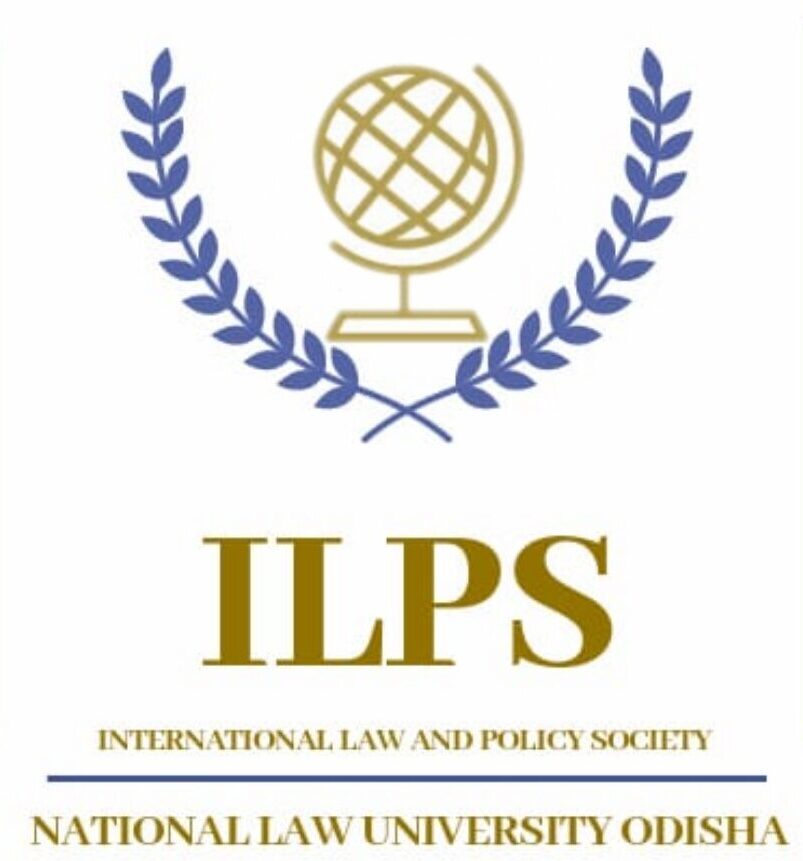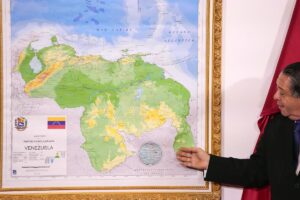With vaccinations across the world taking place in some capacity, many countries and organisations, including WHO, have discussed the possibility of an “immunity passport” or “risk-free certificate” that would enable individuals to travel or to return to work assuming that they are protected against re-infection.
Such passports would mainly rely on the passport holder developing sufficient COVID antibodies to not be so that the passport holder is not at a risk of re-infection. Such an antibody threshold is mainly developed by when the individual has been vaccinated and develops the requisite antibodies.
This article would critique the notion of such vaccine passports or immunity passports on two grounds. First, it would argue that such an arrangement violates the doctrine of equality vis-à-vis freedom of movement. Secondly, the article would it would be put it forth that such an arrangement would lead to vaccine nationalism wherein certain States may reject vaccine passports of other States due to the claim of the vaccine being ineffective or not being tested by that State’s health regulator. These arguments would be discussed concerning passports as a sign of citizenship and class as argued by Partha Chatterjee and T. H. Marshall.
Passports as a Sign of Citizenship
The Right to a passport is a basic right. Article 12 of the International Covenant on Civil and Political Rights declares that “everyone shall be free to leave any country, including his own.”
For citizensa citizen to travel abroad, they need to adhere to an existing system that is modified from time to time. This system, which facilitates smooth and safe passage of a citizen among different States, is based on the issuance of an identity issued by the State to its citizens and this identity is commonly known as a passport. Therefore, the passport serves as an identity that the State issuesis issued by the State to its citizens. So, as passports are the basic identity of a citizen, they become the best way to prove citizenship to a State. Hence, hence, a passport inherently becomes a sign and confirmation of citizenship of a State.
In many developed and developing democracies, this right is protected to a substantial extent but not completely, as passports can be taken away by proper authorities following proper procedure. For instance, in India, Article 21 of the Constitution guarantees that “No person shall be deprived of his life or personal liberty except according to the procedure established by law.” The Supreme Court ruled that the right to leave the country and travel abroad is part of one’s personal liberty in the landmark case of Maneka Gandhi v Union of India. Hence, the court has held that the State cannot arbitrarily prevent a citizen from going abroad to exercise its rights of free speech and expression or to practice his profession. This also implies that the courts also accepted that the right to travel abroad is a fundamental right.
Similarly, in the United States, even though the 14th Amendment grants citizenship as a birthright, in some cases, citizenship is revoked. Such cases include committing an act of treason, among other things. The standard operating procedure in cancelling or revoking citizenship is the cancellation of the passport.
Passports as a Sign of Formal Equality
T. H. Marshall linked social class to citizenship and argued that citizenship is a form of formal equality; exclusion of this formal equality would lead to inequality given J. S. Mill’s notion of formal equality. This position is further strengthened by Article 12 of the ICCPR, and Article 13 of the UDHR, both of which state, “Everyone has the right to leave any country, including his own, and to return to his country.”
Hence, passports, which are used to exercise one’s the right to freedom of movement, become intrinsic to the freedom of movement.
As it has been established that a passport is a sign of formal equality and citizenship, the question of whether that can the State discriminates against an individual based on socio-economic or other factors while issuing a passport arises.
The government of India in 2017 had come out with a proposal to colour code passports for people with ‘Emigration Check Required’ status who would get a passport with an orange jacket, while those with ‘non-‘Emigration Check Required’ status to get a blue passport. The orange passports would be issued with the motive to help and protect the poor labourers who which went abroad to the Gulf countries to work from exploitation.
Oommen Chandy, a former chief minister of the southern state of Kerala, opposed this proposal on two main grounds. They were He stated that such a scheme would lead to discrimination and it breached the formal equality provided by the Indian Constitution.
Hence, if such a proposal is rejected on the grounds of breach of formal equality, the question that would vaccine passports sustain within the framework of formal equality arises.
Vaccine Passports as a Breach of Formal Equality Due To Unequal Opportunity
Tasnime Osama observes, “Vaccine passports are not only permissible under international health regulations, they already exist. The World Health Organization endorses certificates confirming vaccination against yellow fever for entry into certain countries. Contrary to immunity passports, which may, perversely, incentivise infection, vaccine passports incentivise vaccination, an international public good with many positive benefits including individual and population immunity.”
But, with regards to such vaccine passports, there is an opportunity for whoever whosoever seeks to get vaccinated as there exist sufficient vaccines for everyone. This position is contrary to the issue at hand, where there do not exist enough vaccines for everyone at the moment.
As in much throughout the world, the Indian State is following vaccinations in a phased manner, that is i.e. it vaccinates the front-line workers first and then followed by the population at risk, which is categorised by age.
This is because of a shortage of vaccines. Some vaccine manufacturers suggest that everyone in the world will have access to vaccines and a chance to get vaccinated only by late 2022. This is because the production levels and demand are not in sync, wherein there is too much demand. Due to such a mismatch in market forces, the States are strictly regulating vaccinations and trying to optimize the same.
This means there is no equal access to the COVID vaccine. Hence, correspondingly, for vaccine passports, there would not be an equal opportunity to gain such a vaccine passport. This would undoubtedly be in breach of the formal equality that citizenship and passports provide.
Further, the risk of a societal and structural divide on grounds of inequality is also present with the concept of vaccine passports as the individuals in better economic positions would jump the queue to get vaccinated and this would worsen the inequality and unequal access to vaccines already being faced by the poor. This would also form a class divide, as Marshall observed and warned of, on the basis of citizenship and passport.
Such a scenario is being warned against by the WHO in an interim position paper on the topic, where the WHO observed, “Considering that there is limited availability of vaccines, preferential vaccination of travellers could result in inadequate supplies of vaccines for priority populations considered at high risk of severe Covid-19 disease.”
Vaccine Nationalism
Another major problem is the lack of a unified regulator. This would result in States not recognising vaccines and forcing international travellers who want to exercise their right to freedom of movement to be vaccinated using their choice of a vaccine.
China is a country that has introduced such a policy with the WHO observing that it risks pressuring countries to approve Chinese vaccines and sets a dangerous precedent which, if adopted by other nations, could leave the world in vaccine-based silos.
Hence, with a lack of consensus among States on the efficacy of certain vaccines, like the Chinese and the Russian vaccines, there is undoubtedly politicisation of vaccines taking place and hence politicisation of vaccine passports as well.
Conclusion
While vaccine passports seem to be a good idea to try and encourage vaccinations and is are also permitted under international law, some concerns need to be addressed. The concern of unequal access to vaccines and hence unequal access to passports needs to be examined, and only when there is equal access for all should the idea of vaccine passports be introduced. Further, there shouldought to be a regulatory body that approves vaccines on which such vaccine passports shouldought to be issued. Unless such issues are resolved, vaccine passports for international travel are not a promising idea.
This article is written by Shourya Chahande



